Students Shine a Spotlight on Activism
Screenshot of Eloise Dayrat’s Instagram story talking about her views on ICE. This information can then be spread and viewed by others to learn more about and take action.
September 24, 2020
Around the world, more and more teens have taken to social media to discuss recent political events and encourage less politically aware peers to join them. Calls for action can be seen across almost all social media platforms, and information is spread through infographics, petitions, and organizations participants can donate to. Social media activism is an easy way to get the information out and for people to learn about everything going on in their community, and world, as it’s happening.
Usually, discussions about politics take place with friends and family, but with the help of social media, activists are able to reach different groups of people on a wider scale.
“I’m able to get people who are not just from where I live and not just who I go to school with, but also people from all over to get involved with issues that really matter,” explained Lilly Caldwell, a former Delta Program student and fellow for Centre County Young Democrats.
Gen Z is becoming even more reliant on social media to get their message across and out to their community.
“In person, you can only get your message out to a few people at a time, whereas on social media, you can communicate with hundreds of people at the same time,” State High sophomore Eloise Dayrat said.
Whether that’s good or bad is still up for debate, but it is giving younger Americans a sense of action, and, even more importantly, it’s giving them a sense of community.
“It’s about small communities making change,” Caldwell said.
Regardless of where you fall on the political spectrum, social media activism gives people a way to think deeply and challenge their beliefs by freeing themselves from an echo chamber of alike perspectives.
“[I] keep an open mind and discuss with them why I feel the way I do on a certain topic and I’ll listen to how they feel on a certain topic. It’s a good way to communicate with people who have opposing views,” Dayrat said.
Quarantine has given students the opportunity to take a step back from the hustle and bustle of their daily lives and think about the challenges others are facing on a systemic scale. While everyone’s approach to what’s best is different, there’s something everyone can agree on.
“We should be able to celebrate our identities,” Caldwell said.
Despite disagreements on politics, Gen Z is proving that anyone can get involved and that everyone’s voice matters. Community is not about the people that are similar to you but those who are different than you. Social media activism is not about being right, but about being thoughtful and entering each conversation ready to learn and ready to participate.

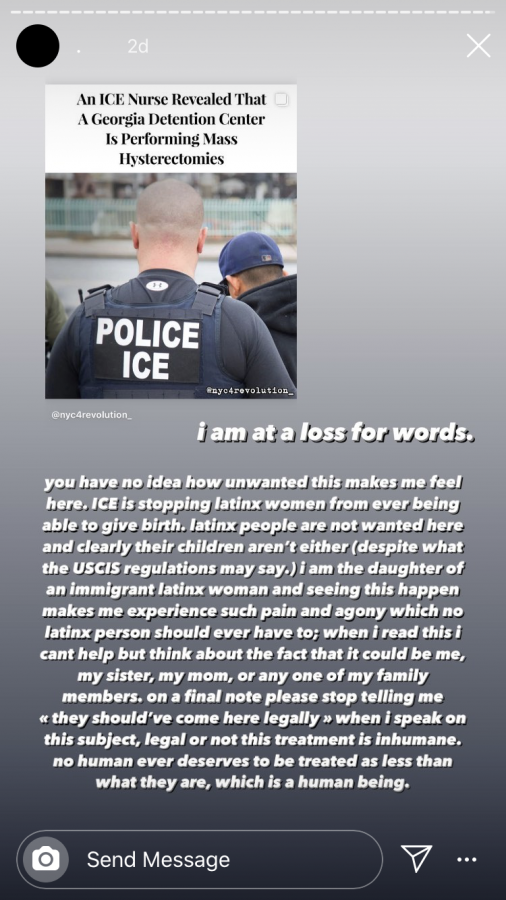
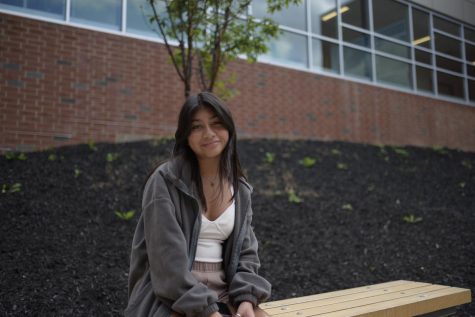


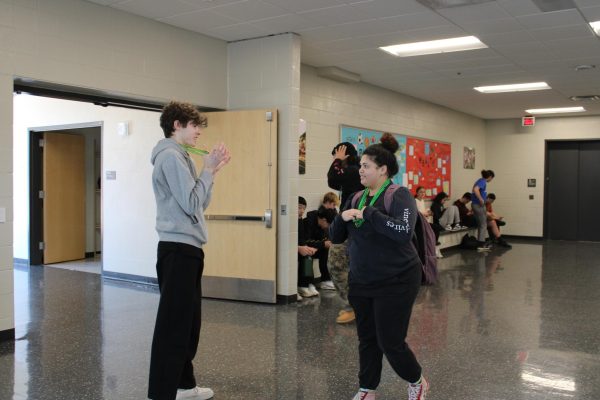
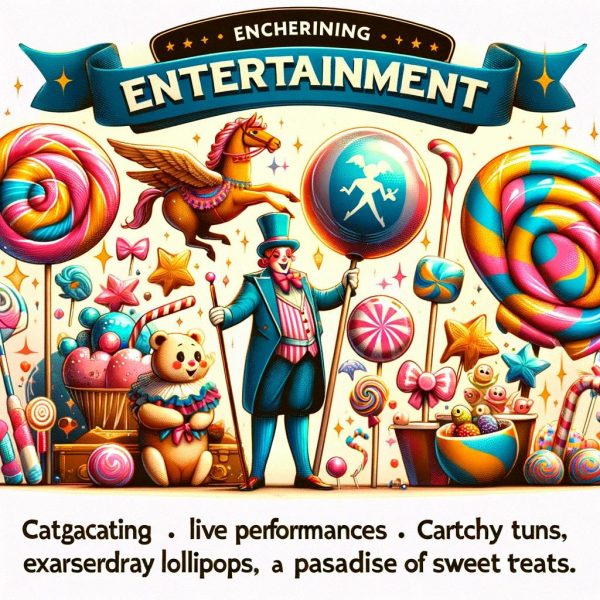
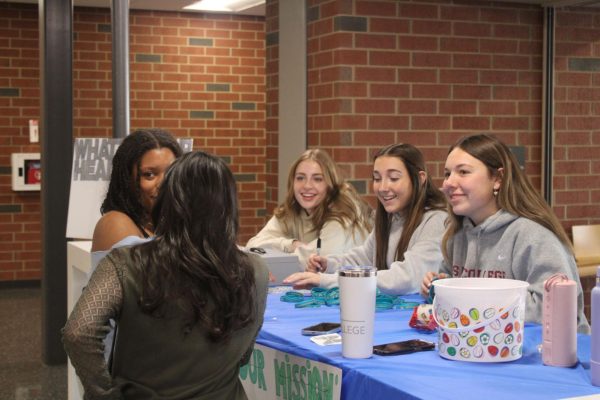

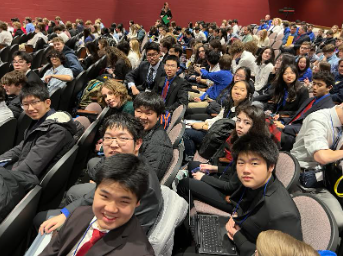

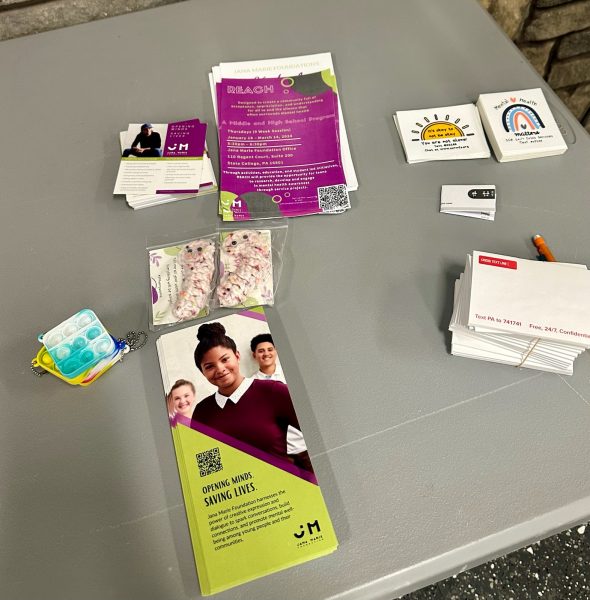
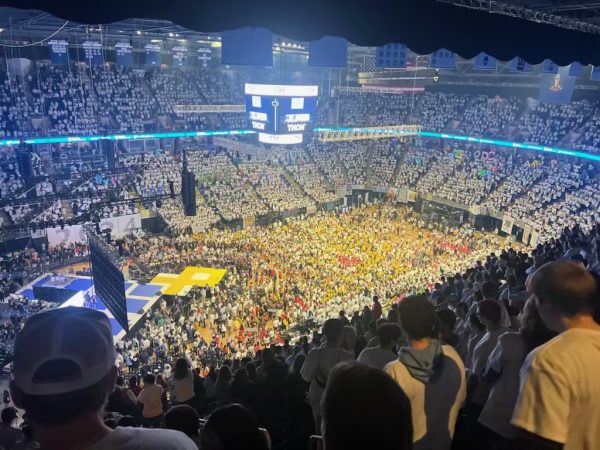
reanna • Sep 25, 2020 at 12:49 PM
YUP GET IT FAITH